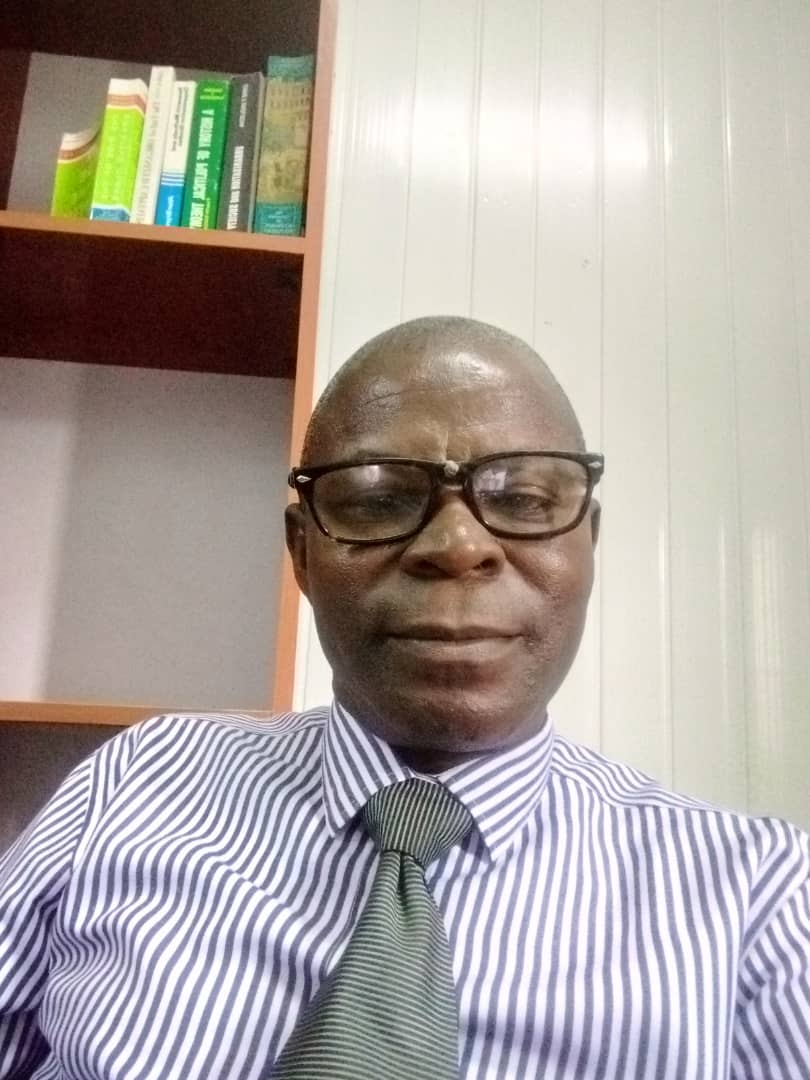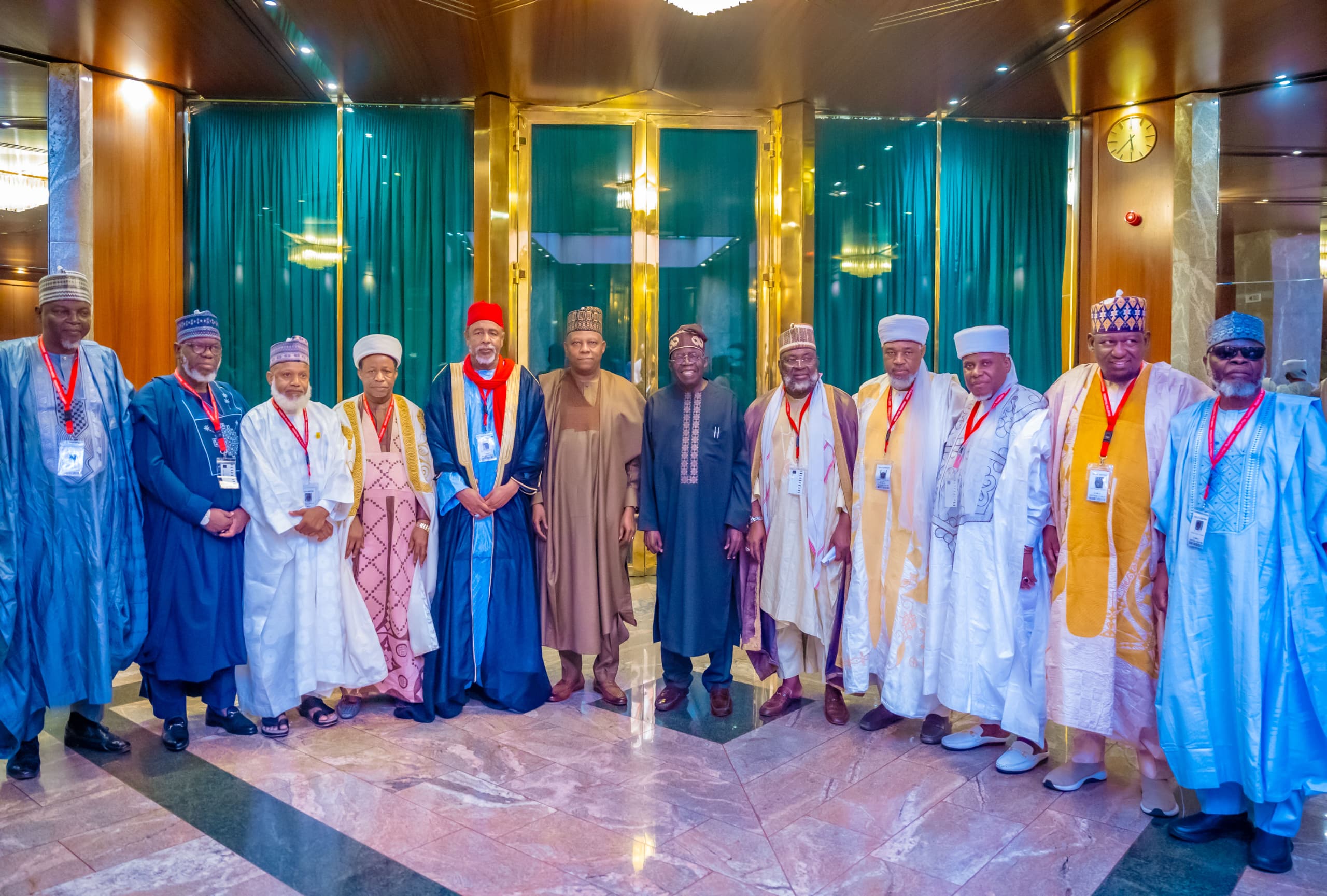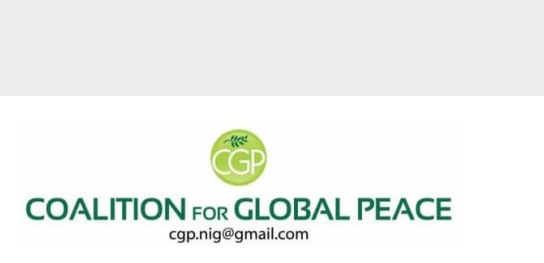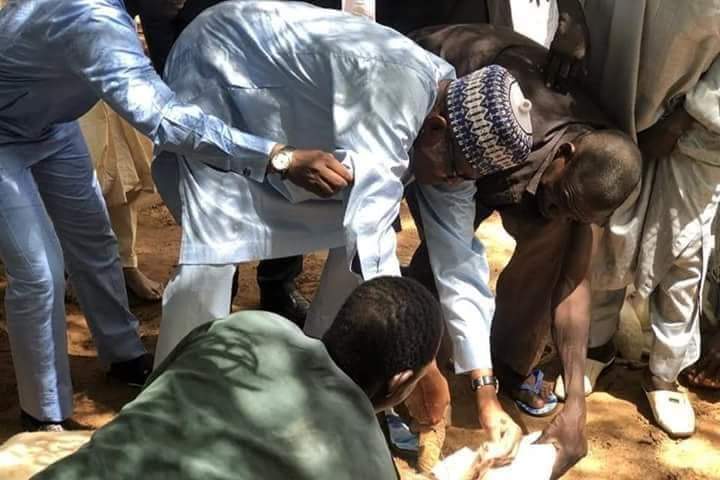Submit Your Profile: IGP Tells Organisers of Nationwide Protest
July 26, 2024I have No Cabal, My Election Campaign Was Self-Sponsored-President Tinubu
July 26, 2024Coalition for Global Peace Condemns Bad Portrayal of Muslim Women Dress by Film Producer
July 25, 2024Removal of Petroleum Subsidy: Addressing the Challenges Faced by Muslim Private Schools
Removal of Petroleum Subsidy: Addressing the Challenges Faced by Muslim Private Schools

In light of the recent removal of petroleum subsidies and its consequential impacts, it is crucial for the members and leaders of Association of Model Islamic Schools (AMIS) to engage in discussions on how we can navigate through these challenges. Now is the time for us to collaborate and support one another in order to safeguard our interests.
Uniting and capitalizing on synergies will yield greater benefits than individualistic efforts and self-centeredness. Failing to do so would result in unfavorable consequences for everyone.
I, therefore, strongly believe that our unity holds tremendous potential for all of us.
We must recognize the distinctive nature of Muslim business owners and their commitment to education. As business drivers, we face significant risks due to the following factors.
Muslim businesses are generally vulnerable to the lack of internal wealth creation within the Muslim community. This manifests in the form of insufficient circulation of wealth through the patronage of Muslim-owned products and services.
Muslims tend to allocate less investment towards their children’s upbringing and education, making them more susceptible to reducing or discontinuing expenditures on private education during times like these. Unfortunately, children’s education becomes the first casualty in such circumstances.
As a result of necessary socio-economic adjustments, many Muslim parents will be reluctant to bear additional charges in school fees arising from the rising costs of managing schools. We must be prepared for potential school closures or a decline in student enrollment.
Despite offering cost-effective educational services, Muslim schools, from early childhood education to university level, often face underappreciation and neglect from their clients. This contributes to a higher rate of business closures among Muslims or a surge in those barely surviving at subsistence levels. Many are currently grappling with these challenges.
Overhead and operational costs will increase. The government may attempt to offset the rise in salaries by raising taxes, and educational institutions, including schools, become easy targets for taxation.
There will likely be an increase in staff turnover, posing a threat to the quality of education.

Schools must be resourceful in generating additional revenue to cope with the escalating costs, including staff salaries.
It will be challenging for schools at all levels to endure in isolation. Collaboration and mutual support are necessary, especially for larger schools that may face multiple significant challenges. As the saying goes, the larger the head, the greater the pain. There is a limit to how much school fees can be increased.
Therefore, I propose several suggestions to AMIS. It is imperative to organise a prompt summit, bringing together representatives at various levels, including units, local governments, states, zones, and the national level. The findings and recommendations from these discussions should be compiled and acted upon at all levels, including sharing relevant information with the government through a communique.
Another approach is for private school organizations and associations like AMIS, NAPPS, and others to seek political solutions and establish joint platforms to engage with the government. This aligns with President Tinubu’s position to eliminate multiple taxation by advocating for tax relief and other forms of assistance. We should present concrete data showcasing our contributions to the socio-economic transformation of the state, such as direct employment, economic empowerment of educational suppliers, leadership development, crime prevention among youth, and our role as a significant political bloc supporting the government.
If we delay taking action, we will bear the brunt of the burden while civil servants and even market women are taken care of at our expense. We must pay based on our capacity, not according to arbitrary charges.
Lukman Tunde Fasasi, PhD, is the Executive Coordinator, Foundation for Social and Human Development (FSHD)










